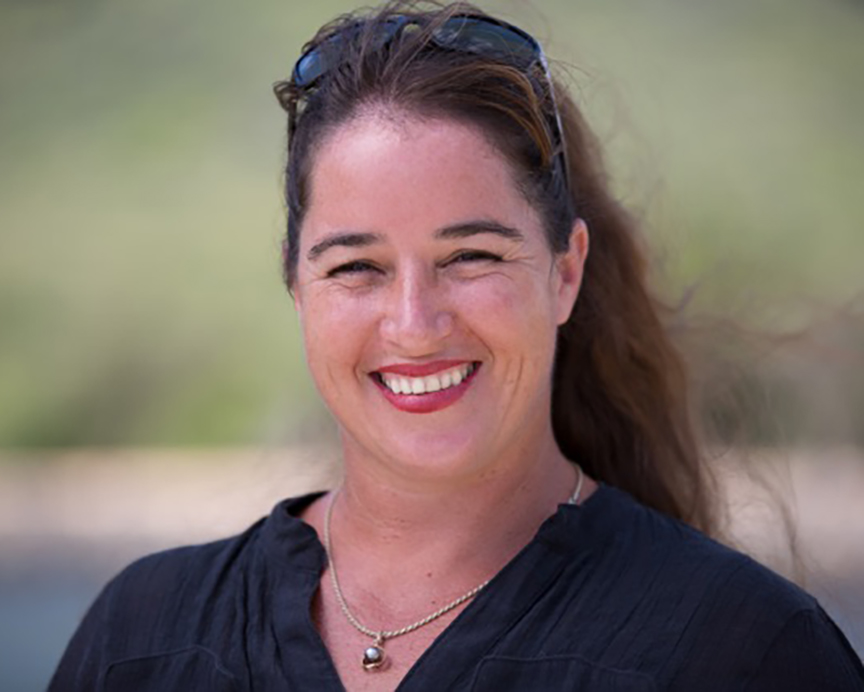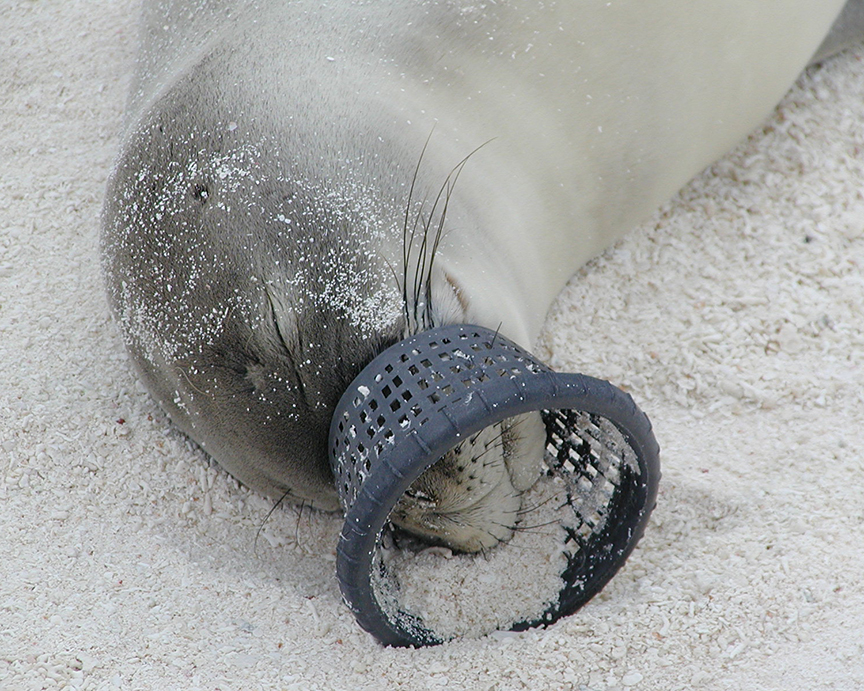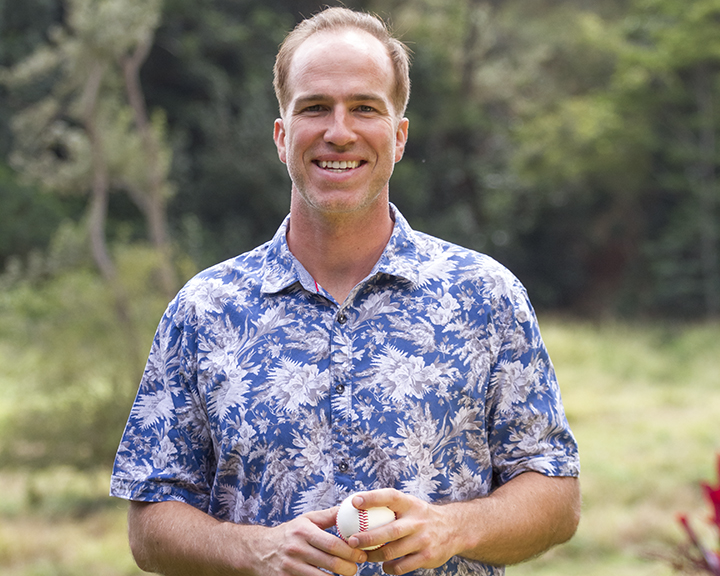Generally we’re aware of our addiction to escaping pain with drugs, alcohol, busyness, workaholism, extramarital affairs, and the list goes on. We’re not usually aware of how addicted we are to it though. Look around, the suffering addiction is not difficult to recognize. Picking at the human suffering scab is daily entertainment.
We can walk across the room and turn on the television, especially news programs, for a feast of murders, rapes, burned homes, auto accidents, child molestation, elder abuse, and, on a larger scale, war, starvation, and environmental degradation.
We’re kidding ourselves if we think, “Well, it’s the media’s fault.”
They feed us what we want and will pay for. The macrocosm reflects our personal microcosms.
In my second book, “Lighten Up,” I share seven practices to help walk the earth more lightly no matter what our religious or spiritual beliefs. These simple, yet effective practices are based on common human wisdom, my experiences, observations of joyful people and my understanding of psychology.
The practices are about making space in ourselves for joy. There is no need to seek it. When we affirm our intent and relax into our lives, joy comes of her own volition, in her own time.
The seven practices are living in the moment, loving ourselves, finding our special gift, beauty, simplicity, silence and gratitude. The rest of the book speaks to these practices.
In the field of psychology, it’s a given that all our feelings are interconnected. Therefore, repressing one feeling depresses them all. In our avoidance of discomfort, we repress the strongest feelings like fear, anger, pain, love and joy. We anesthetize ourselves.
Until both addictions — running from and clinging to emotional pain — are recognized and healed, we will continue to delude ourselves that life in the grey zone is home. The deep serenity and contentment we seek lies beneath recognizing our addictions and choosing to heal them.
We have become gluttons in the cafeteria line of suffering. Let’s step out of line.
Of the seven practices, Loving Yourself, is a good launching place for re-introducing joy into life. There is nothing of greater value to do, or to be, than love. We all know it. Yet, how often do we put love at the top of our list of daily priorities? Mundane concerns take precedence over eternal realities.
To live and die with deep contentment, love must be our top priority. Frank Ostaski, founder of the Zen Hospice Project of San Francisco, said that the most frequent question of people dying there is, “Have I loved well?”
There is really only one choice to make in life, although there appears to be an enormous array. In truth, the choice is between love and fear. All other emotions and feelings are manifestations of one of these two. Throughout our lives, we have endless opportunities to choose love or fear. If we don’t choose love consciously, fear often wins by default. If we choose love consistently, life begins to feel like heaven on earth. We’ve stepped out of duality. If we choose fear, in any of its forms, life feels uncomfortable, or worse still, like a nightmare or hell.
Consider the possibility that fear is an ally that shows us where to place our love.
In “Lighten Up” I go into greater depth for each of the practices, offer exercises and a meditation.
To learn at deborahduda.com.
Deborah Duda is the author of the award-winning book, “Coming Home, a Guide to Dying at Home with Dignity,” endorsed by Elizabeth Kubler-Ross. Her second groundbreaking book, “Lighten Up, Seven Ways to Kick the Suffering Habit” is part memoir, part expose, and part guidebook. “Lighten Up” offers practical things readers can do to increase the joy in their daily lives.
Discover more from ForKauaiOnline
Subscribe to get the latest posts sent to your email.






Leave a Reply